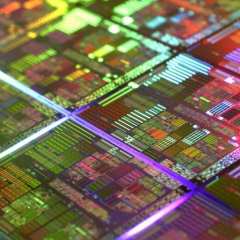Seagate Hit with Class Action Lawsuit for High Failure Rates
-
Featured Topics
-
Topics
-
kodokuj ·
Posted in Graphics Cards1 -
.HEXY ·
Posted in Graphics Cards1 -
5
-
Dedayog ·
Posted in CPUs, Motherboards, and Memory4 -
4
-
5
-
mbecker ·
Posted in Peripherals2 -
Prajnaanicca ·
Posted in CPUs, Motherboards, and Memory6 -
7
-
3
-


.png.255947720031a641abdac78e663b681c.png)




.thumb.png.b3167199d731d1ef4c7a3db9c011ce01.png)











Create an account or sign in to comment
You need to be a member in order to leave a comment
Create an account
Sign up for a new account in our community. It's easy!
Register a new accountSign in
Already have an account? Sign in here.
Sign In Now